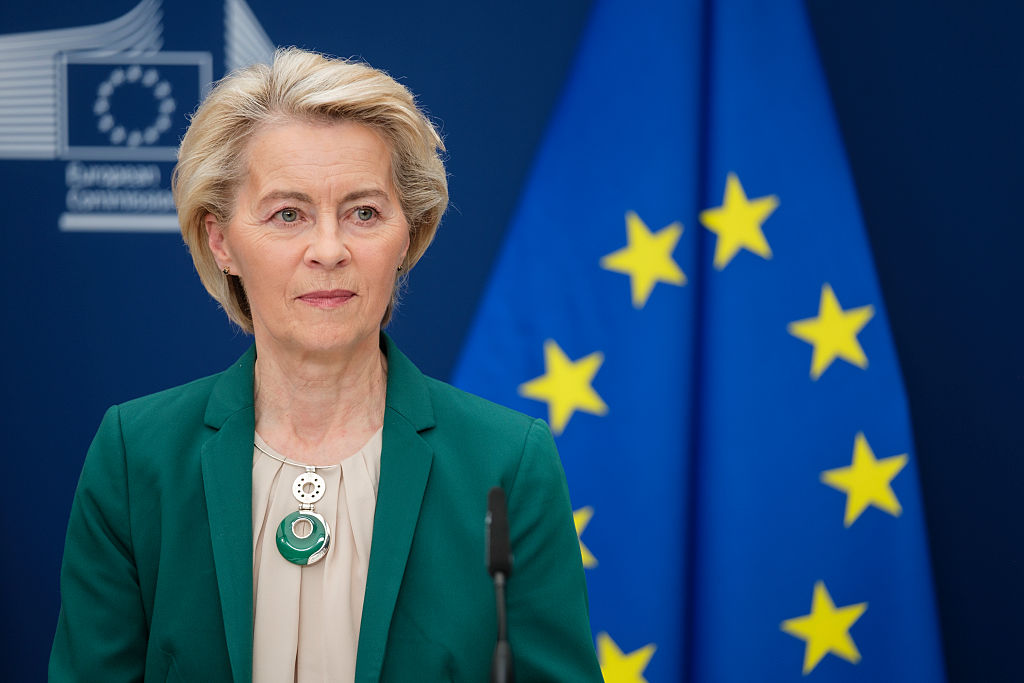“It will make Europe a leader in this market,” boasted Ursula von der Leyen, the president of the European Commission, when the Chips Act was passed back in 2023. The Commission was to mobilise €43 billion in public and private investment in microchips to make the continent a world leader in technology. It would pump money into research, development and state-of-the-art technology.
At the time, there was a global shortage of processors, and the US under Joe Biden was pursuing an even more ambitious strategy of self-sufficiency in chipmaking. It seemed vital Europe followed that lead. The target was 20% of the global market by 2030, double the percentage when the programme was announced.
Don’t miss the latest investment and personal finances news, market analysis, plus money-saving tips with our free twice-daily newsletter
Don’t miss the latest investment and personal finances news, market analysis, plus money-saving tips with our free twice-daily newsletter
Why the Chips Act failed
Can the European Chips Act 2.0 succeed?
